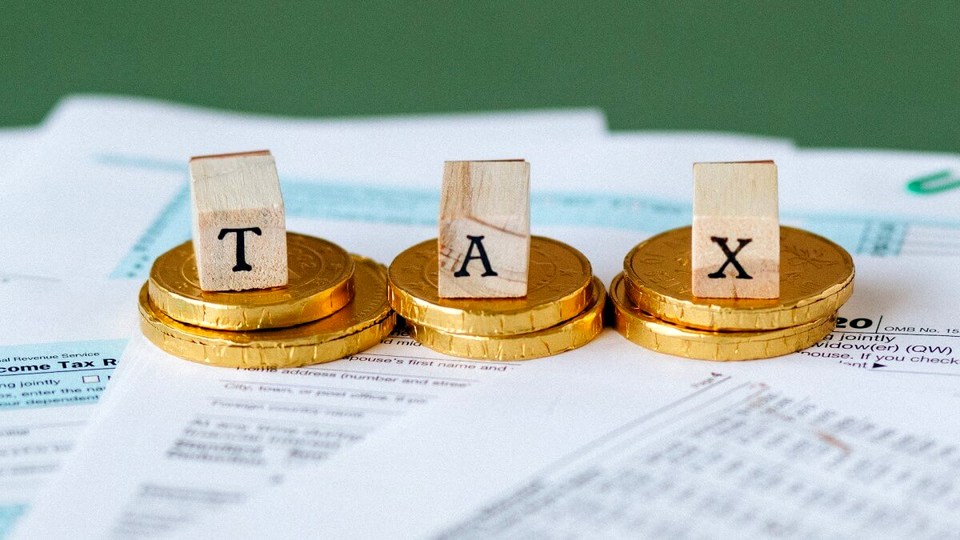
There’s a growing international consensus that Thailand is about to soften its policy on the taxation of foreign remittances to Thailand. The latest review is by the UK-based Society of Trust and Estate Practitioners (STEP), confirming the intentions of the Ministry of Finance as widely reported by taxation specialists in Thailand. Pattaya Mail below provides the likely updates, concentrating on foreign expats and retirees spending at least 180 days here in the calendar year.
Must legislation be passed through the Thai parliament? Not necessary. The changes of interpretation can be announced through a Royal Decree which is expected within the next few weeks.
Will the changes include foreign expats as well as Thais? The consensus is that the changes will include all tax residents, i.e. Thai and foreign nationals who fulfil the residency rule of 180 days or more. Any other policy could create awkward discrimination in tax policy, unprecedented in this context.
Will I be liable to pay tax on monies transferred from abroad to Thailand in 2025? No, the Ministry of Finance will grant exemption for foreign income earned abroad in 2025 and transferred into Thailand by the end of 2026. But it would become potentially taxable if repatriated in 2027 or beyond.
What about foreign monies transferred in 2024? All qualifying residents had to file their 2024 income tax returns by 31 March 2025. If an exemption will apply, those who paid tax on 2024 remittances could be eligible for refunds. Or the tax already paid for 2024 will stand. Most expats who did register with the Thai tax authorities paid between 10,000 and 20,000 baht (around 200 to 450 pounds).
What about income earned before 1 January 2024? The revenue department had already clarified that its original order did not apply to such income no matter when transferred. The Ministry of Finance has now confirmed that such historical income can be brought into Thailand anytime in the past, or future, without personal income tax liability.
What will happen to cash transfers made in 2026, 2027 etc? Not known. The policy of temporary exemption might well continue.
Why is the Ministry of Finance reinterpreting policy? There has been a sharp fall in revenues in the last 15 months or so. Thai nationals in particular, facing a tax bill on foreign-sourced income from January 2024, have in effect deprived the country of investment funds which are sorely needed.
Will annual or longer term visas be linked to Thai income tax registration? The consensus is that this is not on the cards. Only foreigners legally working in Thailand must currently produce evidence of tax paid here. Many visa holders – Privilege Card Elite for example – spend less than 180 days here in a calendar year and thus are not Thai tax residents.
How are foreign retirees affected by the latest news? It certainly appears that the typical expat living on earned income such as pensions, and transferring occasional or regular sums here, will now be in the clear so to speak. Obviously, the final arbiter will be the forthcoming Royal Decree.










